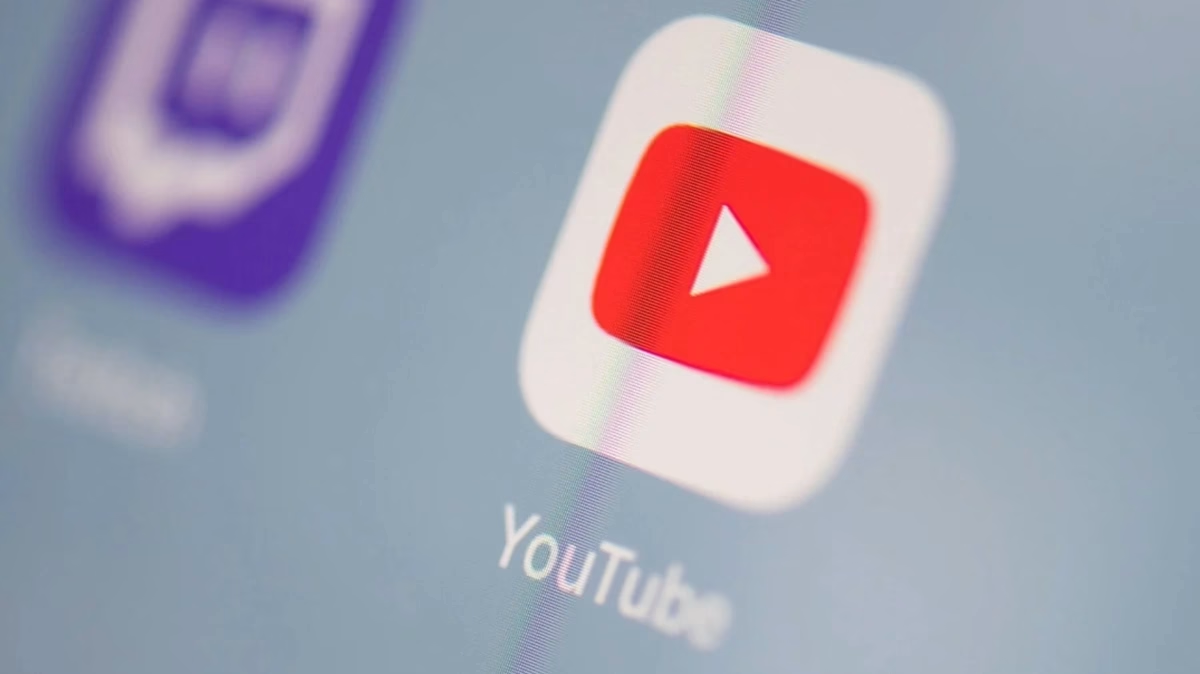YouTube Tightens Grip on Gaming Violence and Gambling Promotions
YouTube has announced significant updates to its content policies, introducing stricter restrictions on graphic violence within gaming content and completely banning the promotion of online gambling. The changes, officially revealed on October 28, 2025, via the platform's Community Guidelines blog, are set to be fully enforced starting November 17, 2025. This move aims to enhance viewer safety, particularly for younger audiences, and addresses growing concerns from parents, educators, and regulators.
Detailed Policy Adjustments for Creators
The new guidelines delineate clear boundaries for what is permissible, particularly impacting creators in the gaming and gambling spheres. It's a pretty substantial shift, one that many creators are already grappling with.
Age Restrictions on Violent Gaming Content
Strict Ban on Gambling Promotions
Industry and Community Reactions
The policy update has sparked considerable debate across the creator community and industry analysts, with reactions often polarized between those prioritizing child safety and those concerned about creative freedom and livelihood.
Creator and User Sentiment
Expert Commentary
Gaming journalists and industry experts have weighed in with varied perspectives. Several outlets, including Kotaku, have criticized the policy for being "vague and AI-reliant," predicting inconsistencies in its enforcement. iGaming experts, monitoring the situation closely, suggest that these restrictions will likely drive gambling content to unregulated platforms, complicating oversight. Influential figures like poker pro Daniel Negreanu have referenced past content restrictions, warning of substantial algorithm suppression for affected videos. It’s clear, too, that some of the nuances YouTube hopes to capture with AI may be hard to discern.
Enforcement and Broader Implications
YouTube is rolling out new tools and processes to support these updated guidelines, while the broader industry watches for the long-term impacts.
Automated Moderation and Creator Tools
To facilitate enforcement, YouTube is deploying enhanced AI moderation capable of real-time flagging during live streams. This tool is touted as more granular than those offered by some competing platforms. Creators also gained access to new dashboard tools on October 29, allowing them to perform pre-upload checks for violence and gambling content. For age-restricted videos, AI detection will be the primary mechanism, with human review available for appeals, promising a response within 48-72 hours. Repeated violations, of course, could lead to channel suspensions.
Regulatory Context and Significance
These policy changes are not occurring in a vacuum. They align with increasing regulatory pressure globally, including updates to COPPA in the United States and the forthcoming Digital Services Act in Europe. YouTube states the changes are data-driven, responding to feedback from parents and regulators. The move could significantly reduce the platform's liability regarding youth exposure to harmful content. However, it also risks alienating a segment of its gaming creators, potentially prompting a shift of violent or gambling-related content to alternative platforms such as Kick or Rumble. While the goal is a safer ecosystem, the journey to achieving it will undeniably have ripple effects across the digital content landscape.
